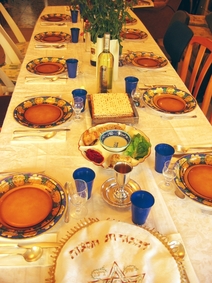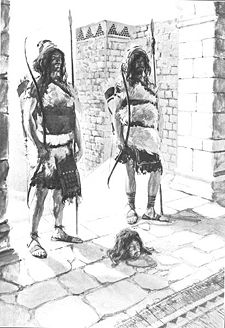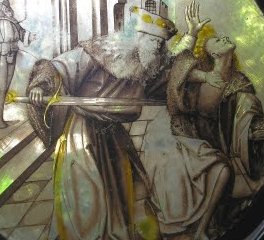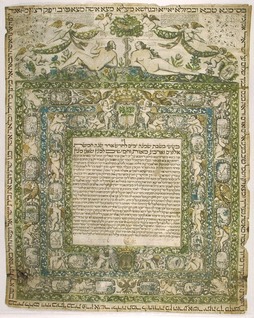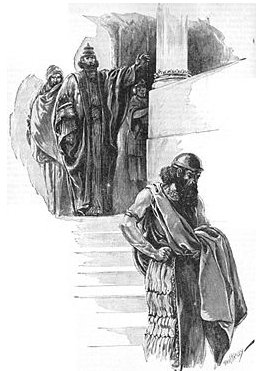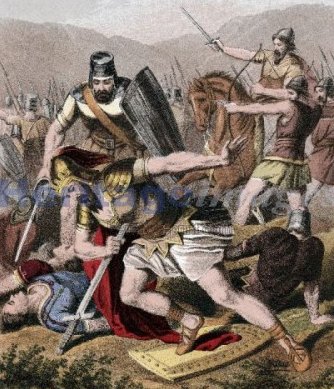The Meaning of the Passover Seder
Every spring, Jews all over the world gather with their families and friends to perform the most complex ritual of the Jewish faith, the Passover Seder. A Seder is a meal of storytelling, a multi-sensory experience of symbols commemorating one of the most important moments in the Torah. Passover celebrates the release of the Hebrew slaves from captivity in Egypt, the beginning of a people's freedom and also its entry into the difficulty of self-governance. But there's more to the Seder than just the lessons of biblical scripture. If the story was the only purpose of the ritual, we could just as easily gather at the synagogue like we do on Rosh Hashanah and Yom Kippur. The story is our past, an important thing to be sure, but the Seder asks us to focus on our present and future as well.
